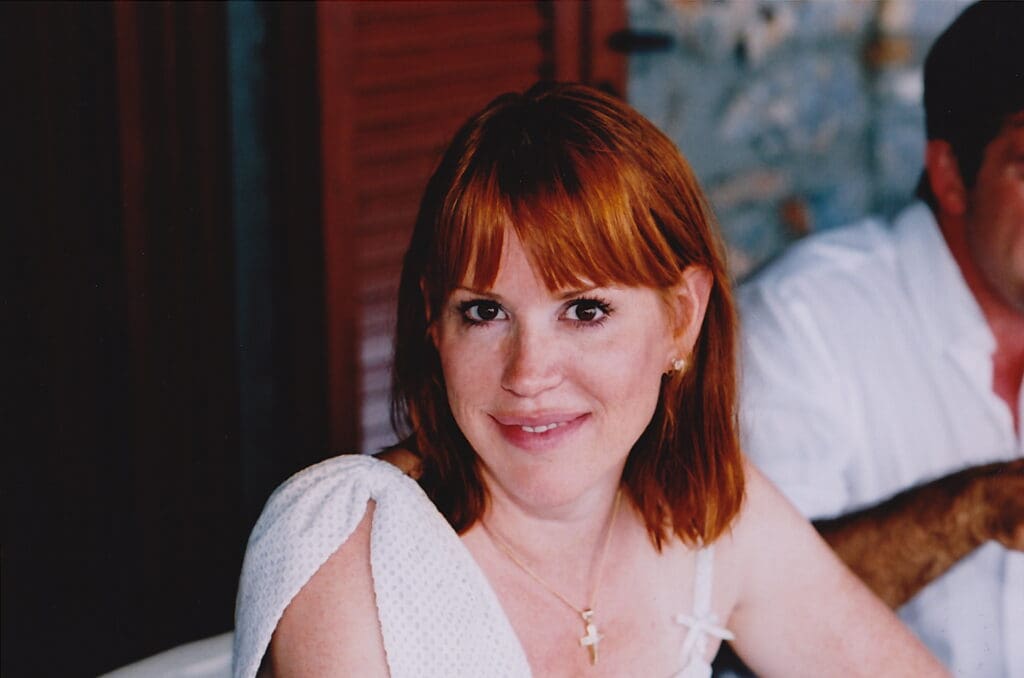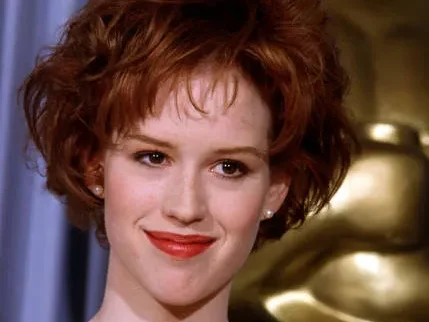
Molly Ringwald, the actress best known for her roles in John Hughes classics such as Pretty in Pink, Sixteen Candles, and The Breakfast Club, has stated that her previous work could not be done now because “you couldn’t make a movie that white.” She said this at the Miami Film Festival while accepting the festival’s Creative Vanguard Award. It’s a popular notion among the Hollywood elite today that not only must their industry as a whole provide opportunities for every demographic, but every individual film must also satisfy every item on the diversity checklist.
Of course, Molly Ringwald isn’t the only one who has been unable to replicate her fame from a few decades ago. Viewership of the Oscars continues to decline. Newer releases are not as beloved as their predecessors. Attempts to capitalize on the remaining nostalgia value backfire as remakes with diverse casts and woke messages fail to recapture audiences. At worst, they even turn fans off to the originals. Unsurprisingly, some fans on social media responded to her comments by denouncing the idea of remaking any of Ringwald’s previous films.
RELATED: Reacher Star Alan Ritchson Attacks Donald Trump To Virtue Signal Before Hollywood
This isn’t the first time Molly Ringwald has rained on the major successes of her early days in the name of wokeness. At the height of the #MeToo era, she described her character’s interactions with Judd Nelson’s character in The Breakfast Club as him sexually harassing her throughout the movie and getting rewarded for it.
Molly Ringwald’s comments have sparked debates across social media over the concept of diversity in entertainment, the role of film in society, and whether those beloved movies even represented society at the time. Some might wonder if any single movie can—or even should—” represent” every single side and aspect of the culture that produces it.

Ironically, Ringwald seems to forget that the “too white” movies like The Breakfast Club brought her to stardom and were about diversity of a certain kind. The characters were part of different social classes at school, and their parents belonged to different social classes at home. By today’s standards, a show set at a private boarding school with one black character, one white character, one Hispanic character, one Muslim character, and one trans character, all from similar stable, affluent backgrounds, would be considered more diverse than The Breakfast Club. Perhaps the 1980s classic has something to teach us about diversifying the definition of diversity.
The simple fact is that modern audiences aren’t all that different from their peers from the past. People want to consume and enjoy great storytelling. They’re willing to give anyone a fair shot, but they aren’t obsessive-compulsive about ensuring the proper number of demographic boxes are checked among the cast and crew. Fans across nearly all forms of entertainment have grown frustrated after repeating this point to death and not being heard. Unfortunately, society is divided into echo chambers, and messages don’t always cross back and forth, especially when one side has a much bigger megaphone.

In this day and age, many find that there is no escape from the culture war. Not all that long ago, anyone could take a break from whatever controversial issues were dividing society and partake in an activity that brings people together. Today, going to a movie, watching a television show, attending a sporting event, playing video games, and other forms of entertainment have become overtly political spaces. Since there’s nowhere to find common ground with your opponents away from all the noise, the divisiveness of culture war politics continues to get worse.
Tell us in the comments what you think about Molly Ringwald’s comments about diversity in entertainment, The Breakfast Club, and where filmmaking should go from here.

Molly Ringwald is an Evil Marxist. These Films still Hold up to this Very Day.
Those films succeeded BECAUSE of the lack of diversity. Do you think people in the 80’s would have loved the Breakfast Club if every cast member was a different race, gender, or mental illness, and the story was focused entirely on pushing far left identity politics? Absolutely not.
When you try to please everyone, you end up pleasing no one.